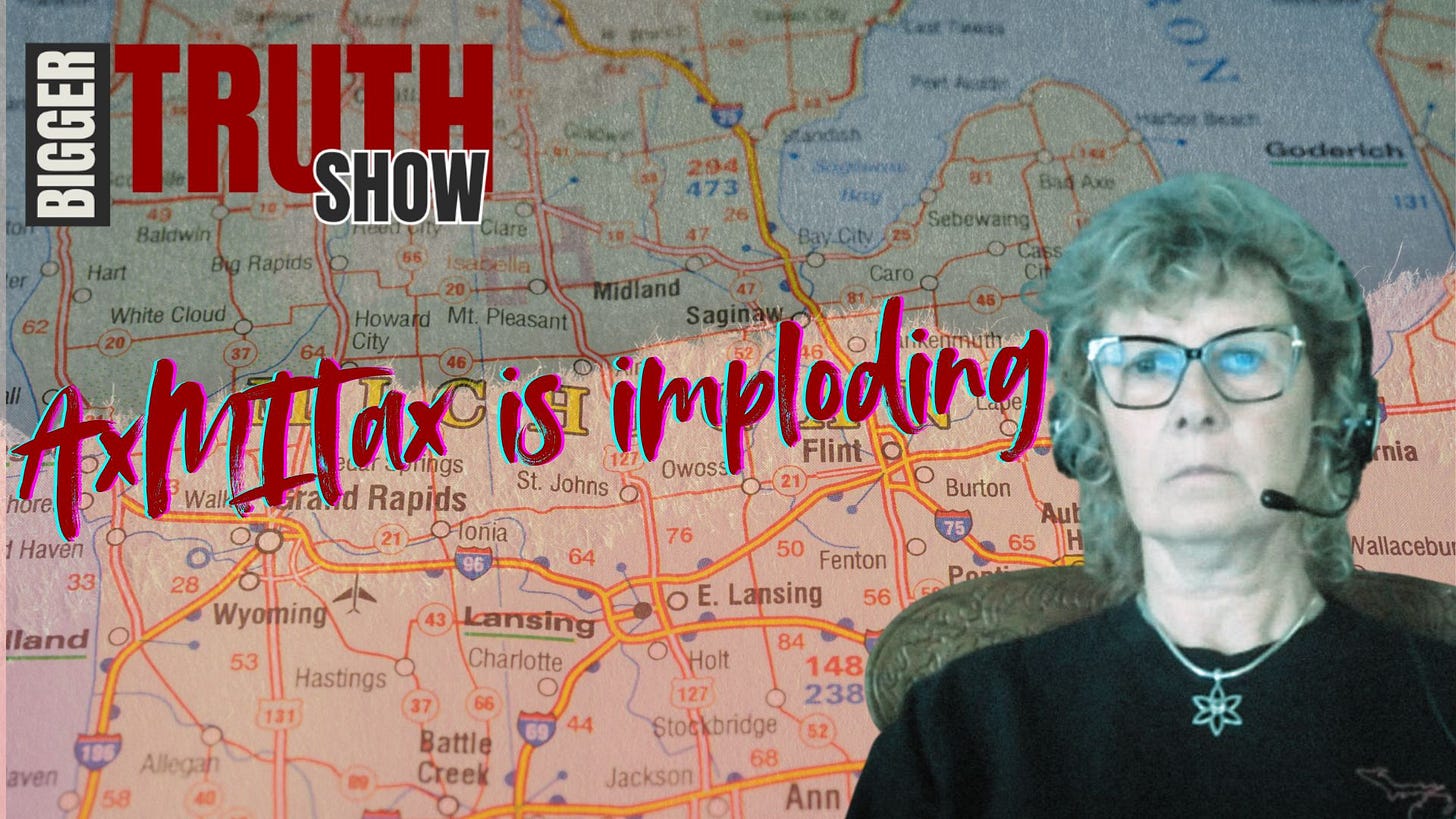Karla Wagner burns Ax MI Tax petitions, evades questions and blames volunteers. The grift must go on!
Stirring controversy even among her devotees, Wagner extends the 180 day window for petitions. Its implosion is a win for freedom-loving Michiganders.
Axe My Tax Implodes
Michigan state law is clear: to qualify a ballot measure amending the state constitution, all signatures must be collected within 180 days of the date they are submitted. Any signature older than six months is invalid and cannot be counted.
After months of assuring supporters and volunteers that the submission deadline was October 31, …




